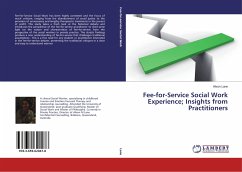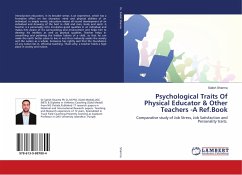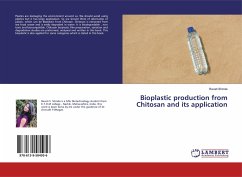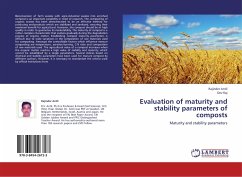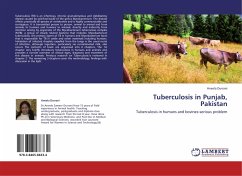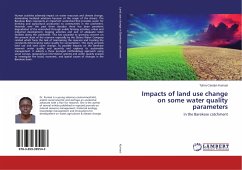The synthesis of enantiomerically pure compounds is one of the major areas of organic chemistry, with emphasis on the elaboration of commodity chemicals into high value enantiopure advanced building blocks. Asymmetric organocatalysis, where chiral organic molecules catalyze enantioselective reactions, has grown explosively and become a main focus of research. In the past 5 years different chiral primary amine derived organocatalysts, usually based on naturally occurring cinchonine alkaloids, have been shown for asymmetric Aldol, Michael, Mannich and -amination reactions. The results have been impressive but many substrates remain untested or are still challenging, and will be required to overcome the limitations of the non-modular, fixed, cinchonia template. To try and overcome these problems, we have designed and synthesized pyridine-primary amine bifunctional catalysts with a similar juxtaposition of vital functionality as cinchonia alkaloids. The important design feature is the modular nature of the new organocatalysts in combination with the brevity of their synthesis. Our chiral pyridine-primary amine catalysts are likely candidates for Aldol reactions.
Bitte wählen Sie Ihr Anliegen aus.
Rechnungen
Retourenschein anfordern
Bestellstatus
Storno


